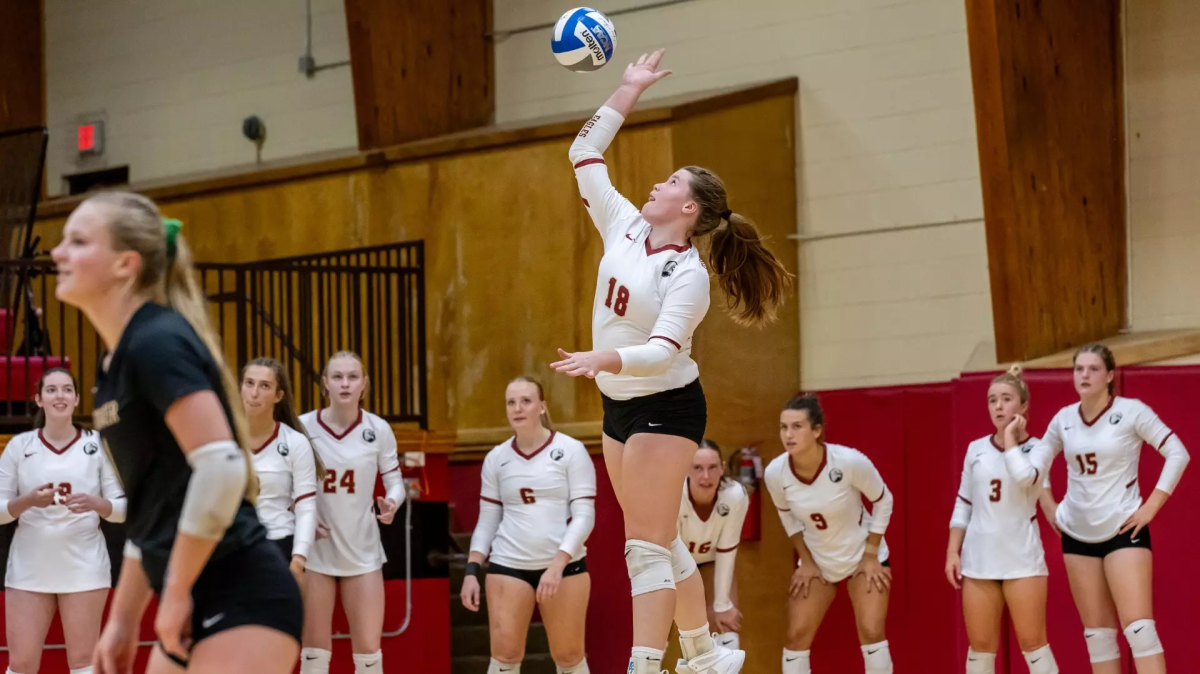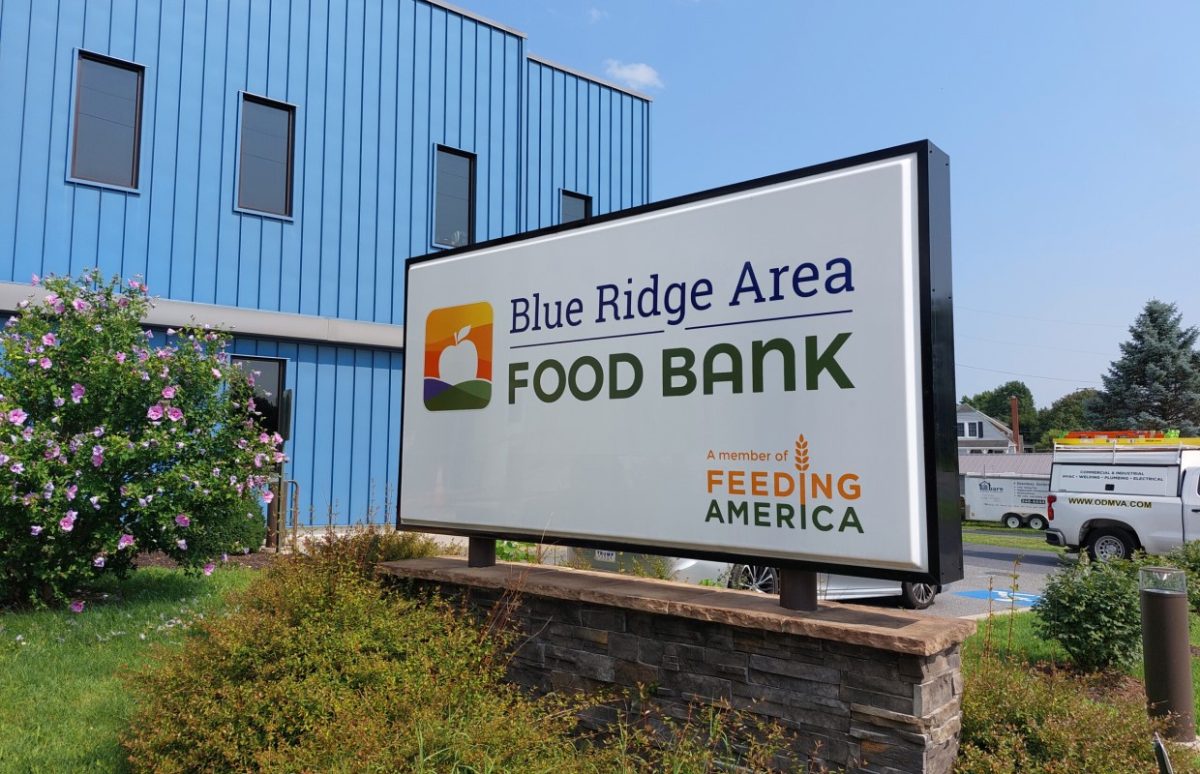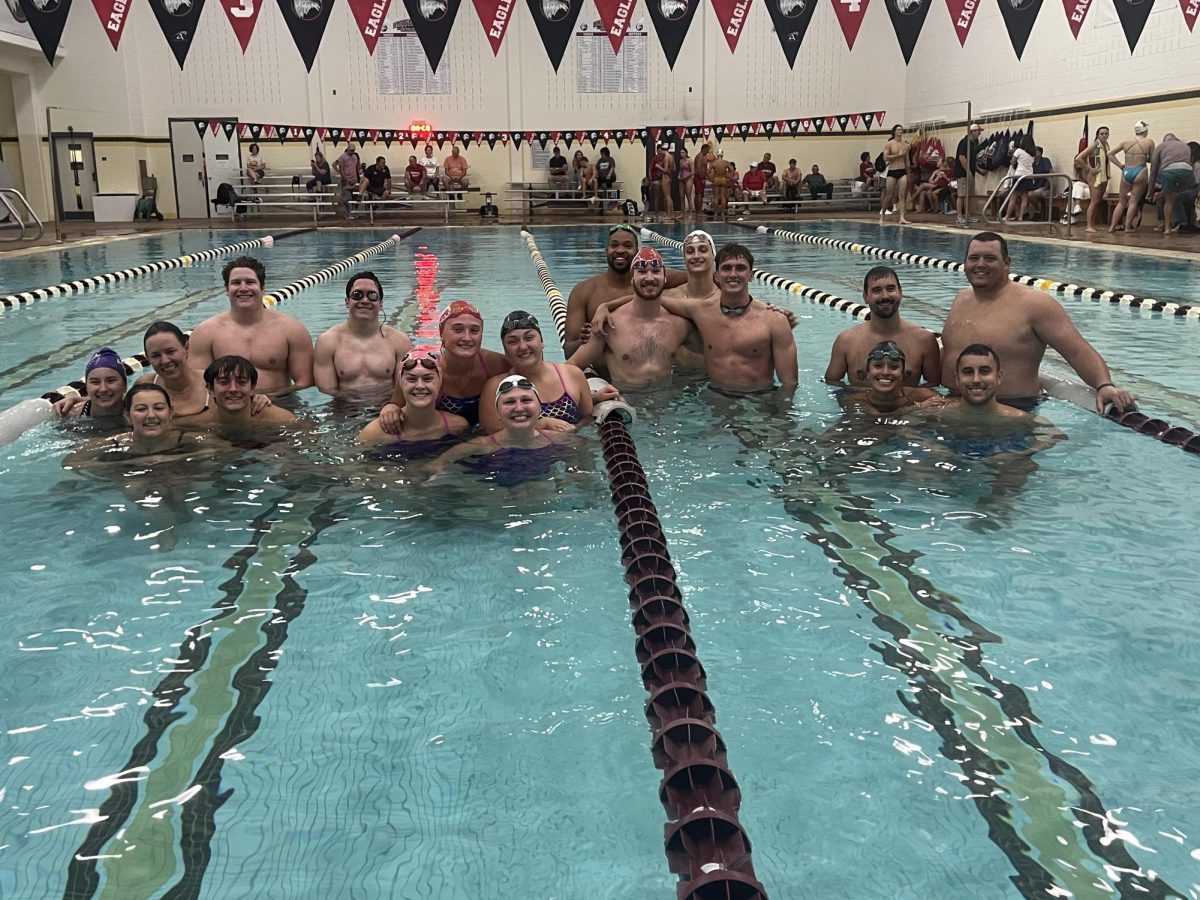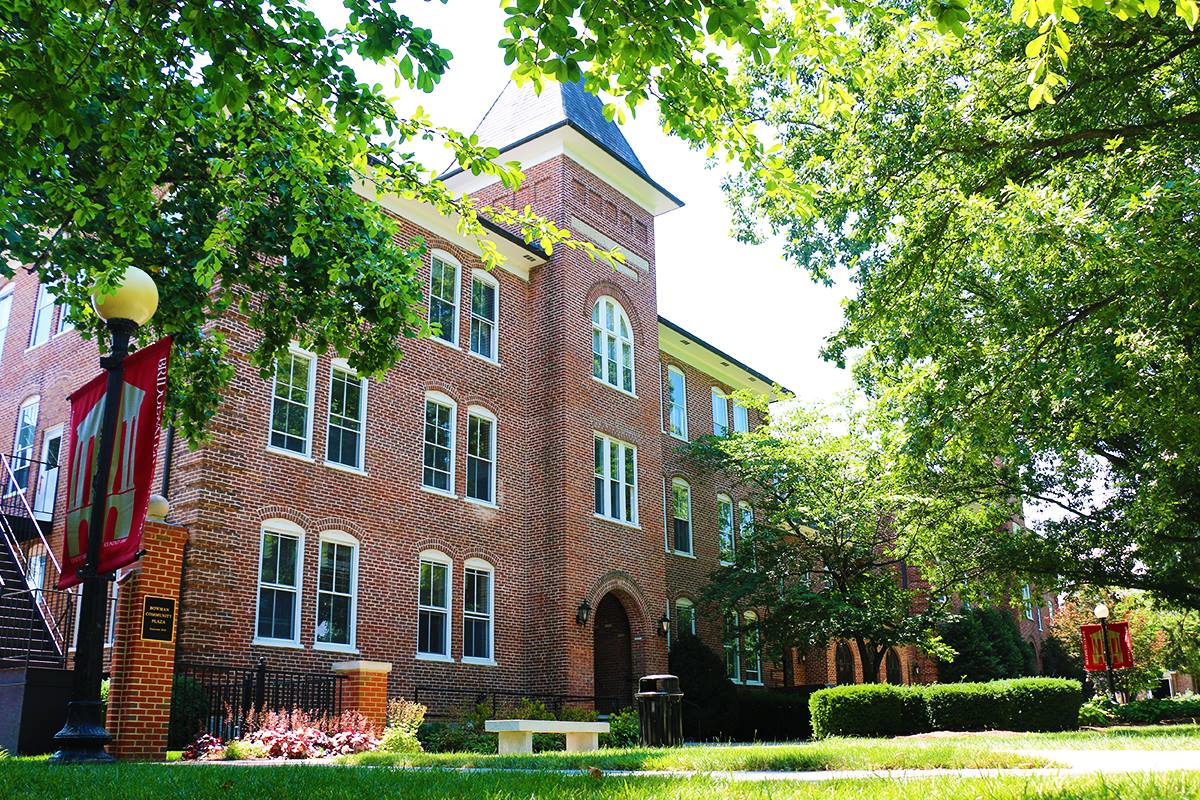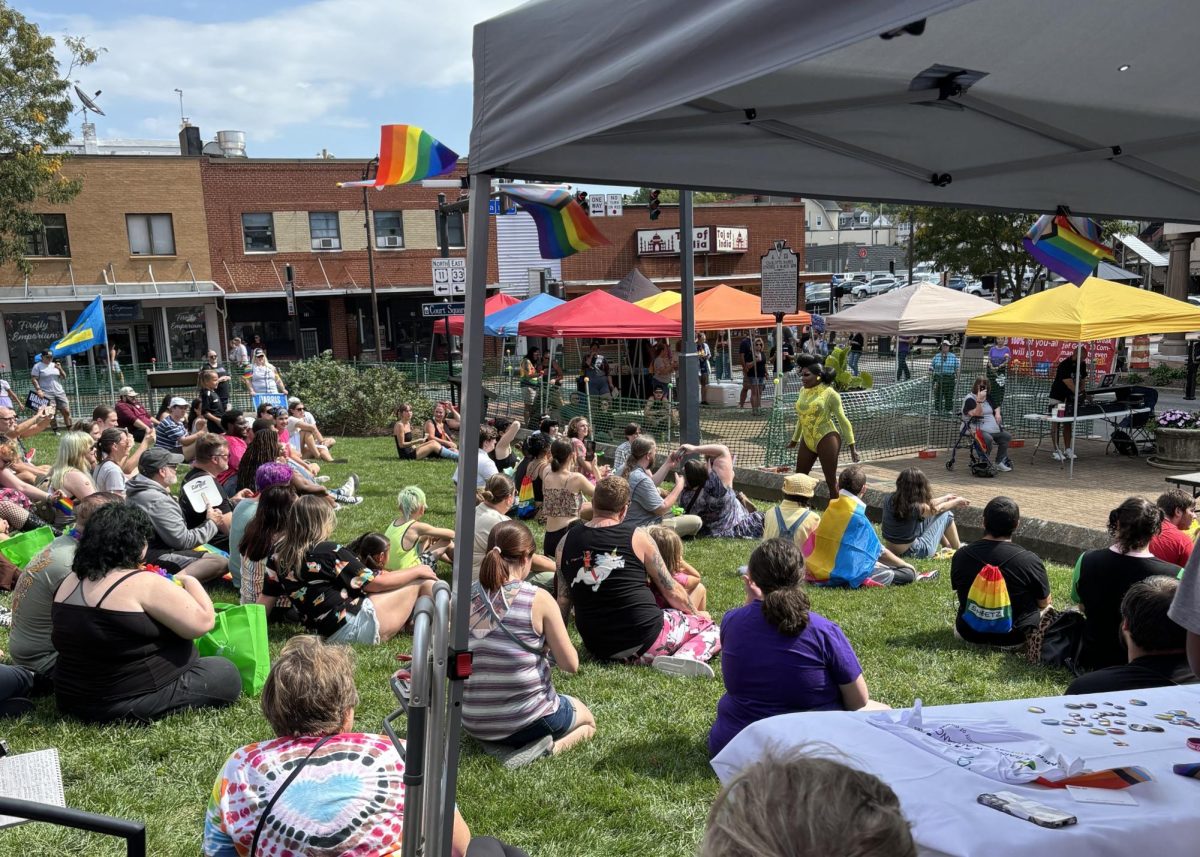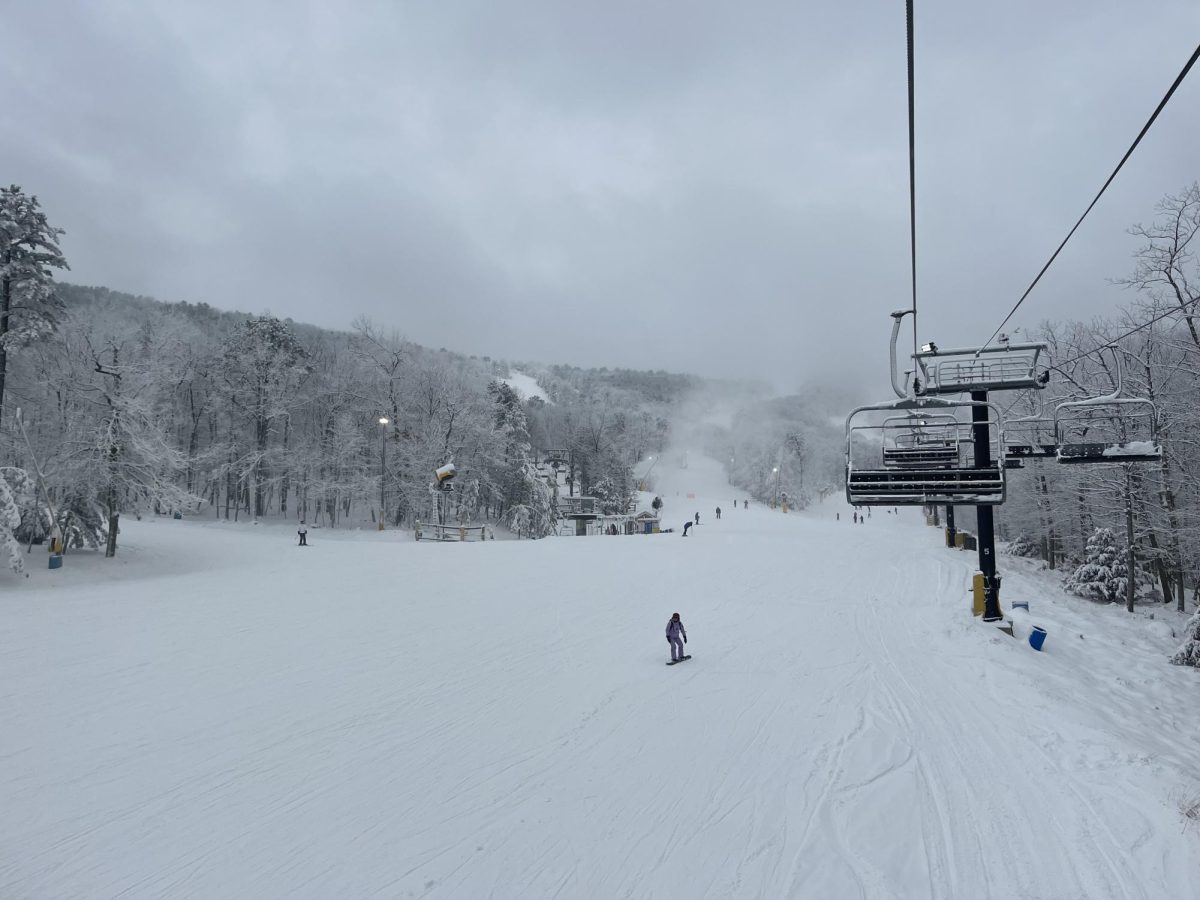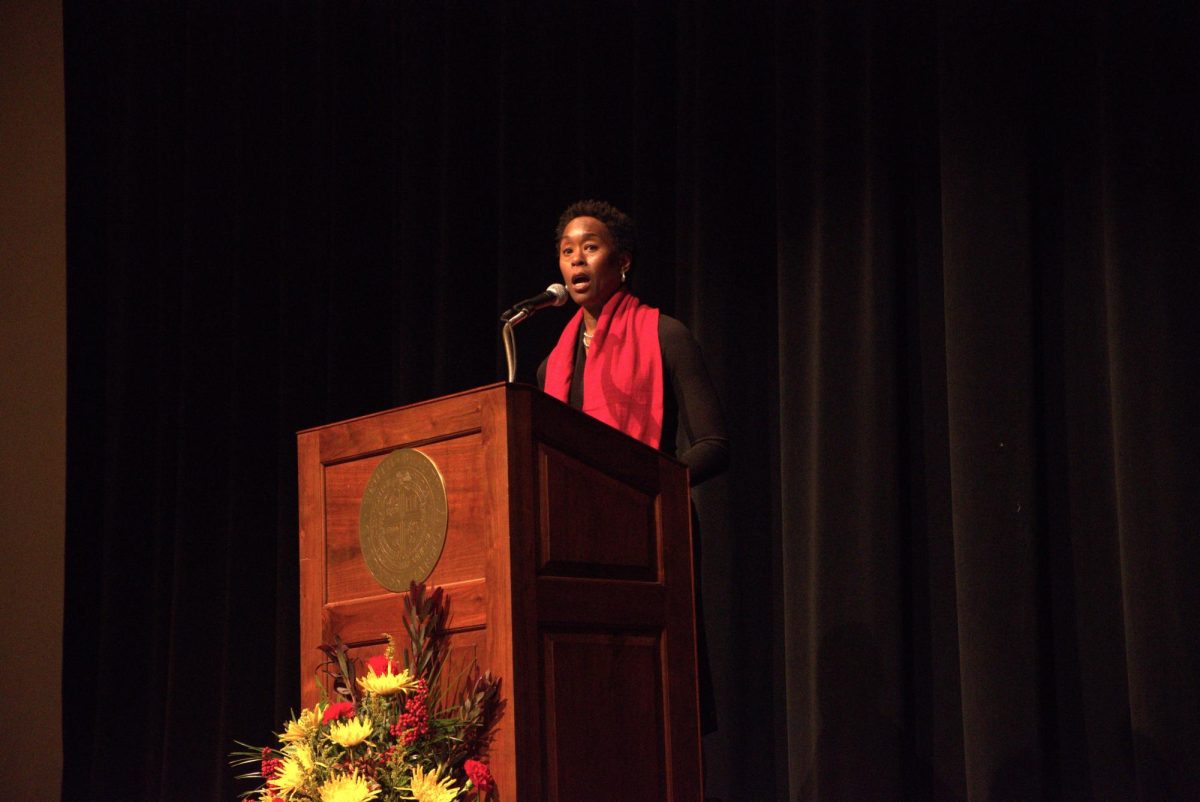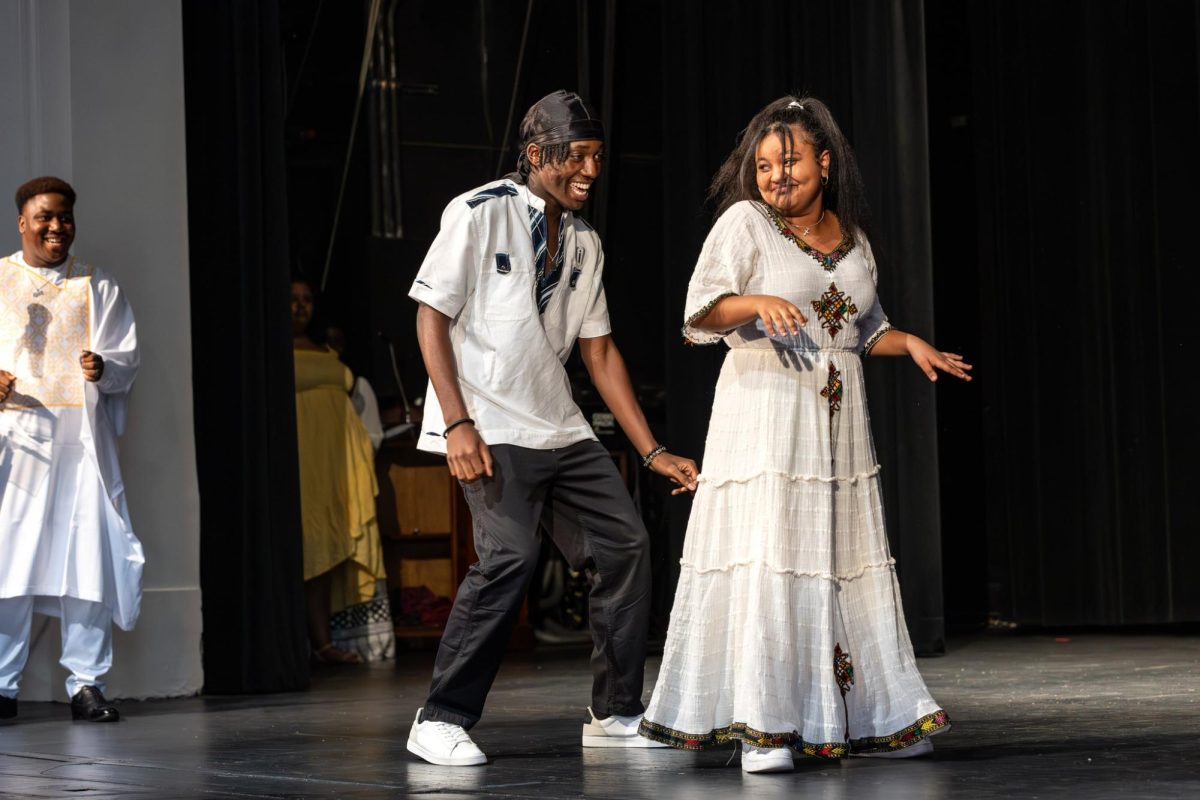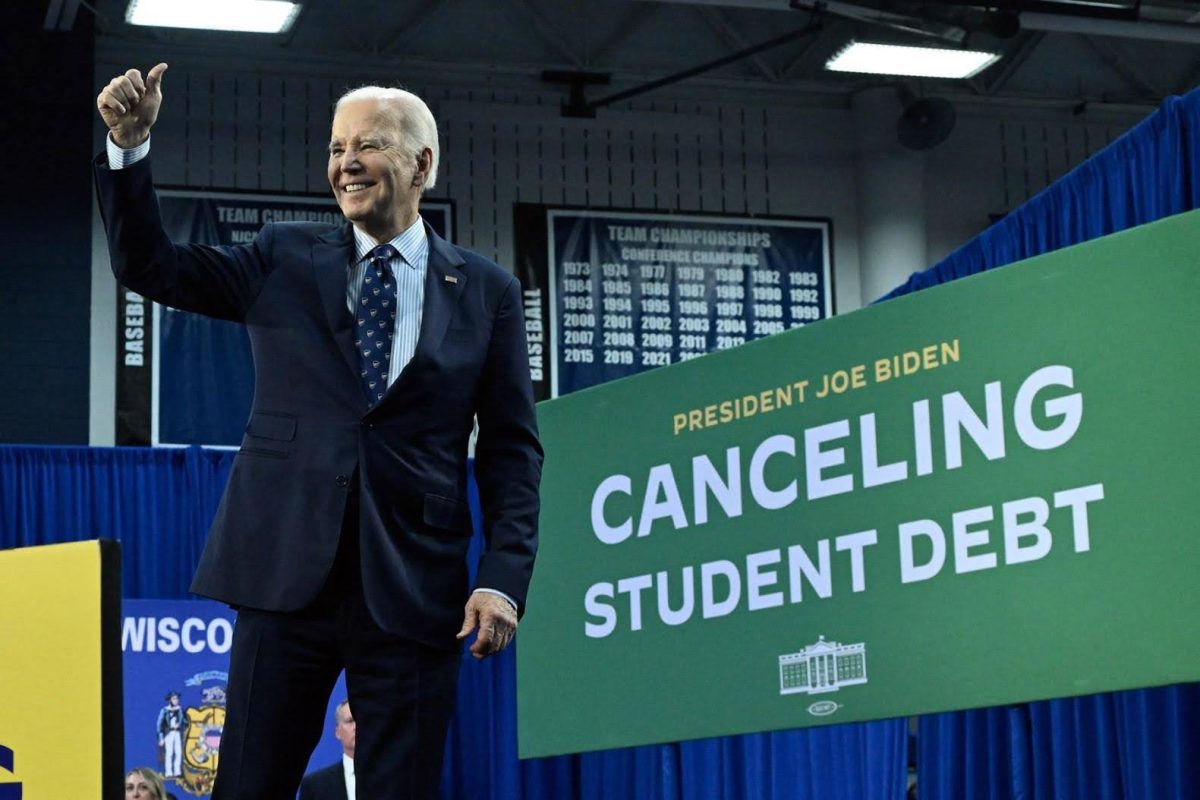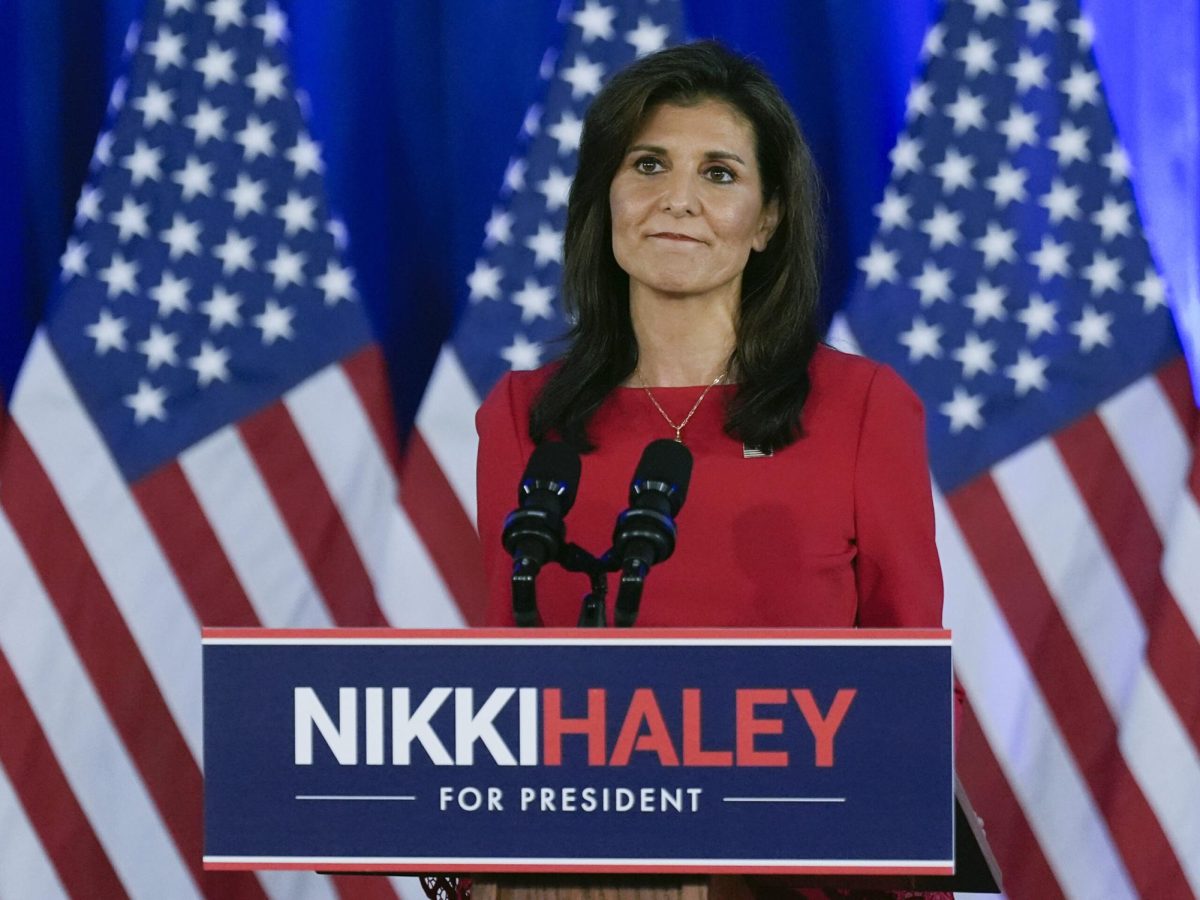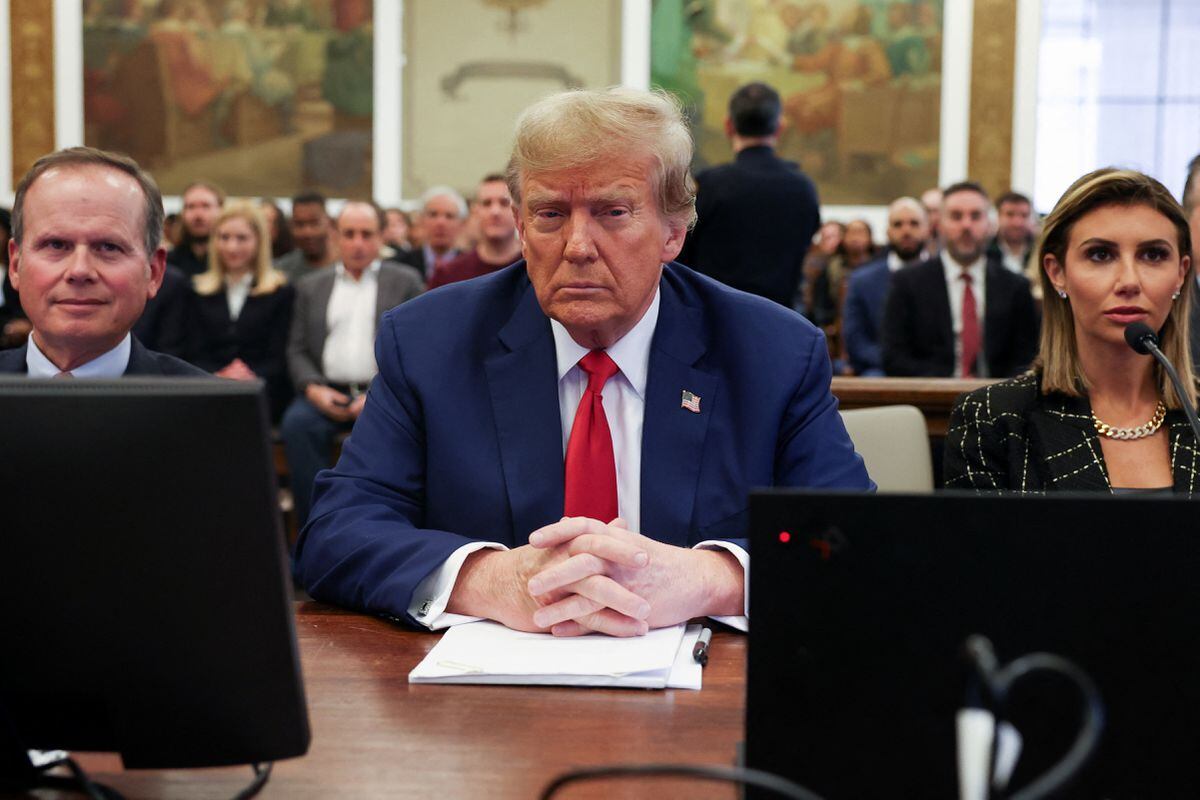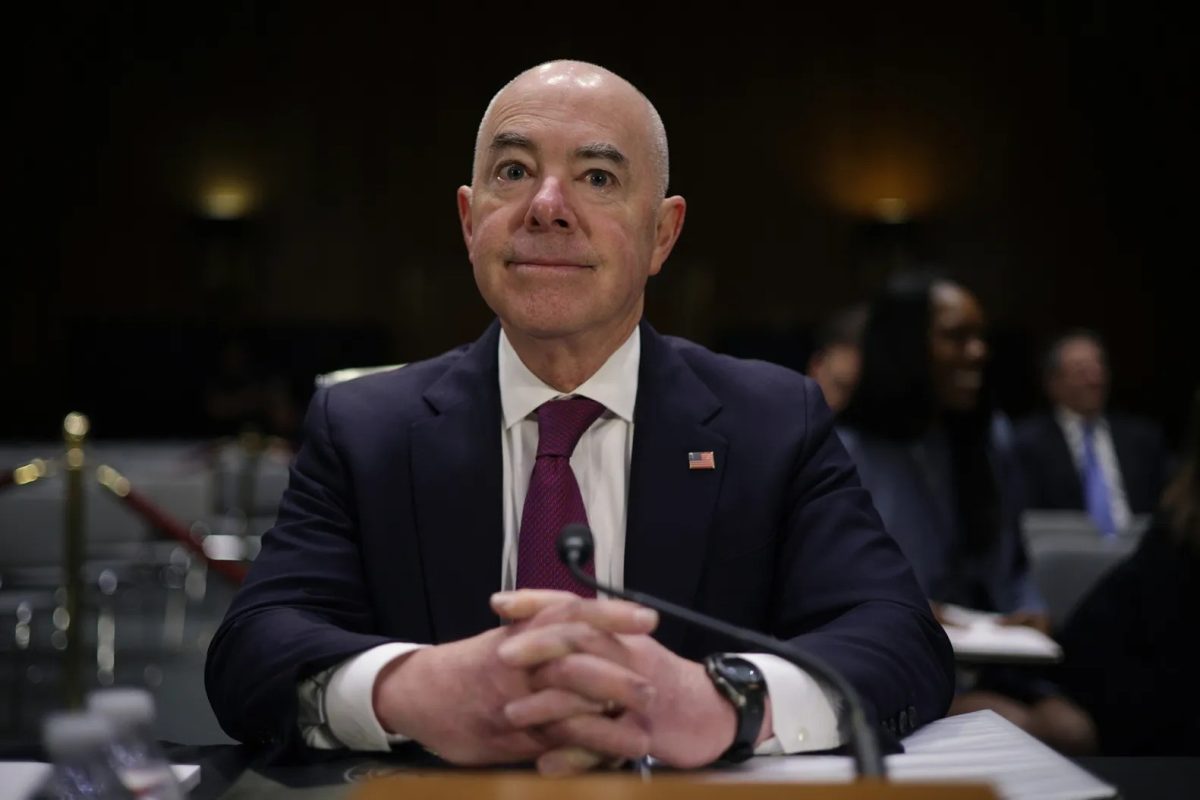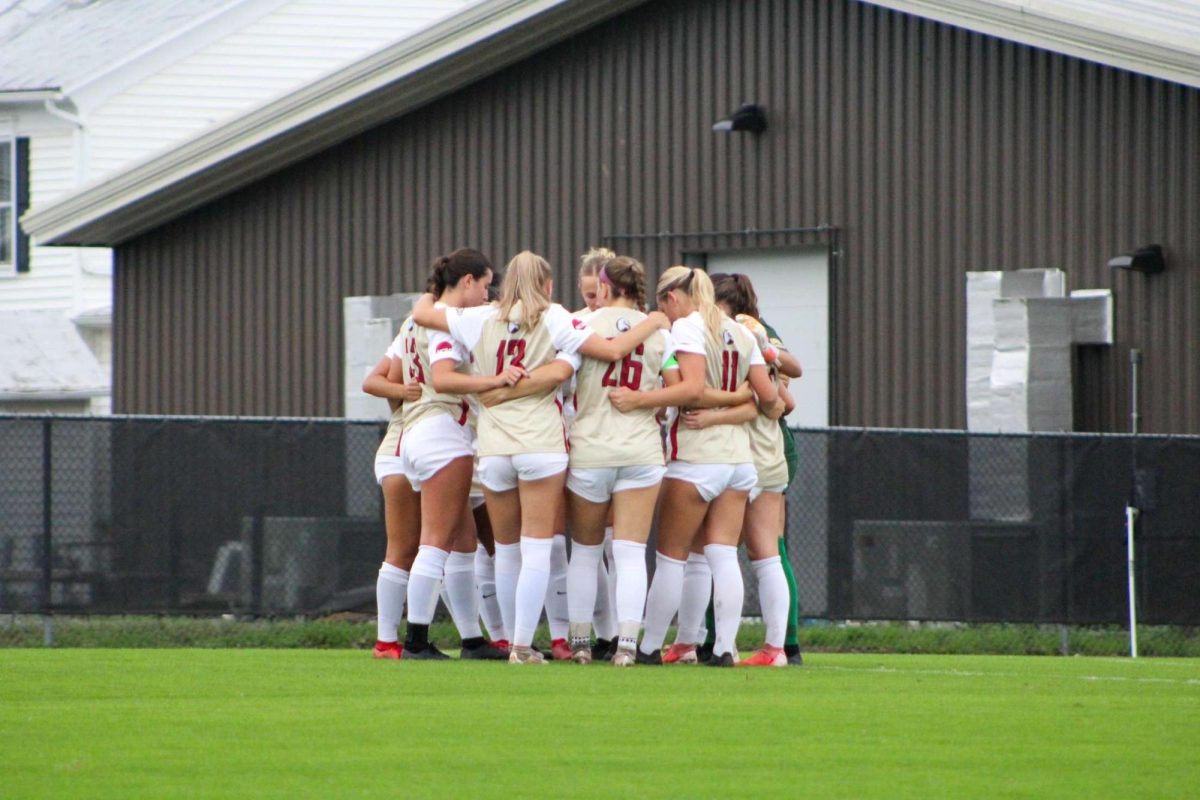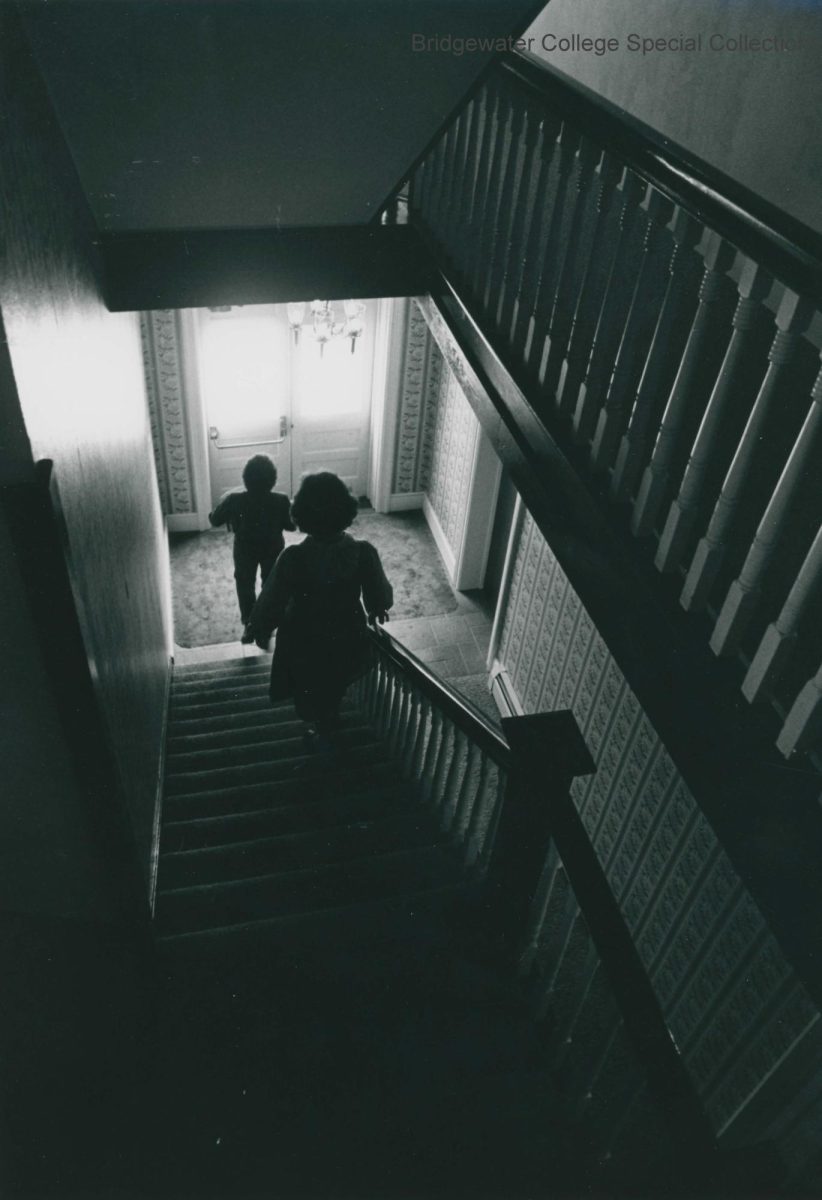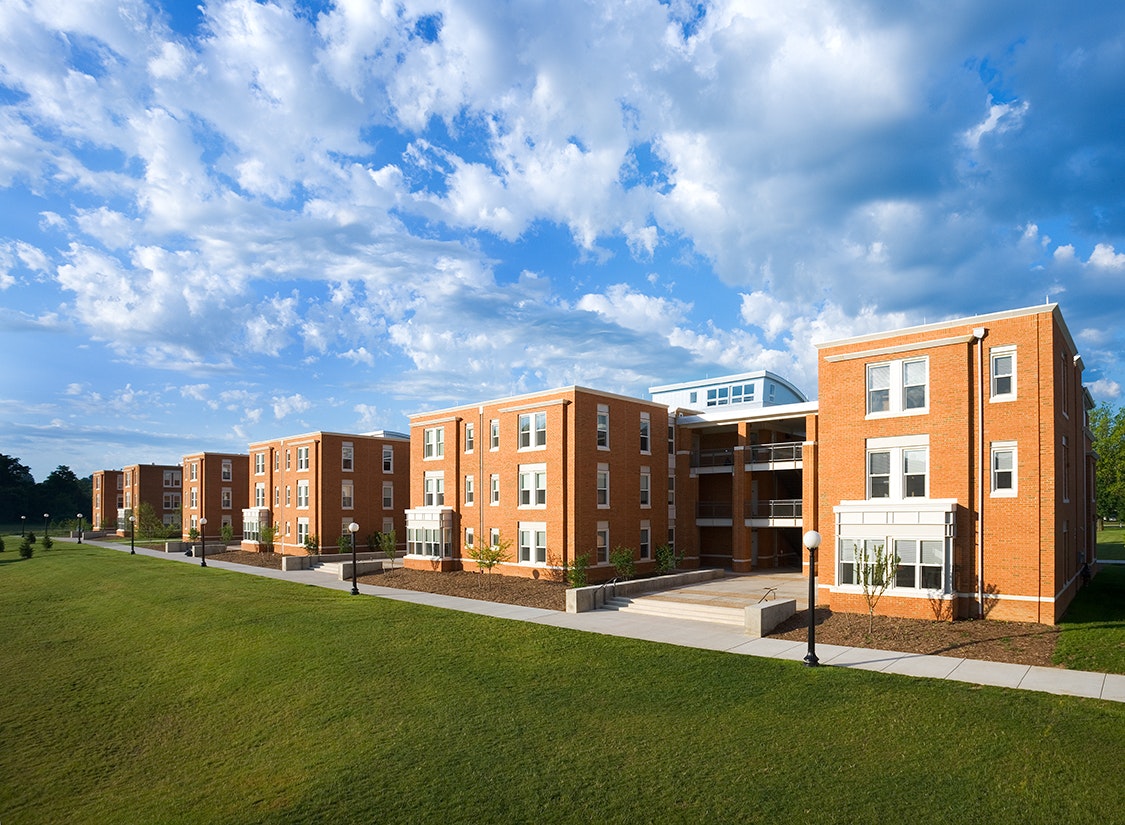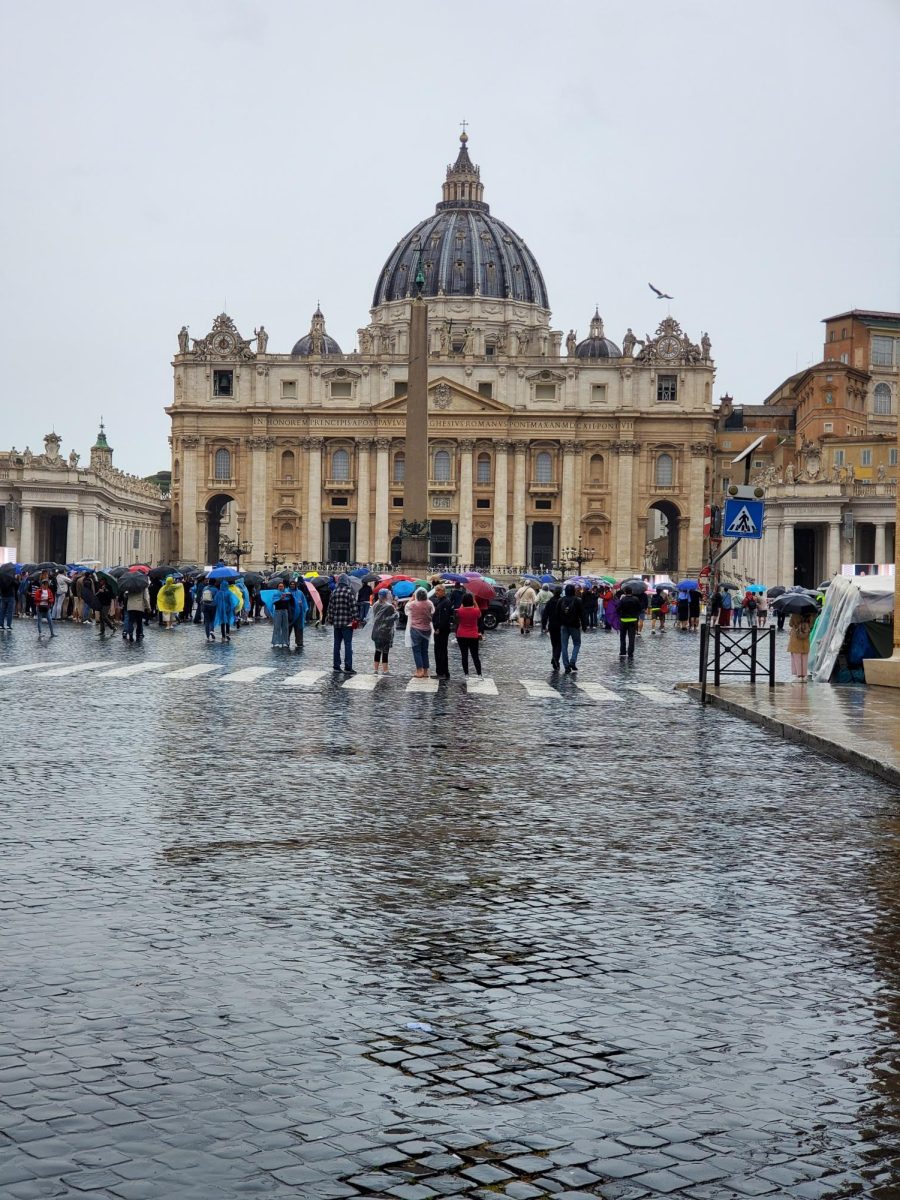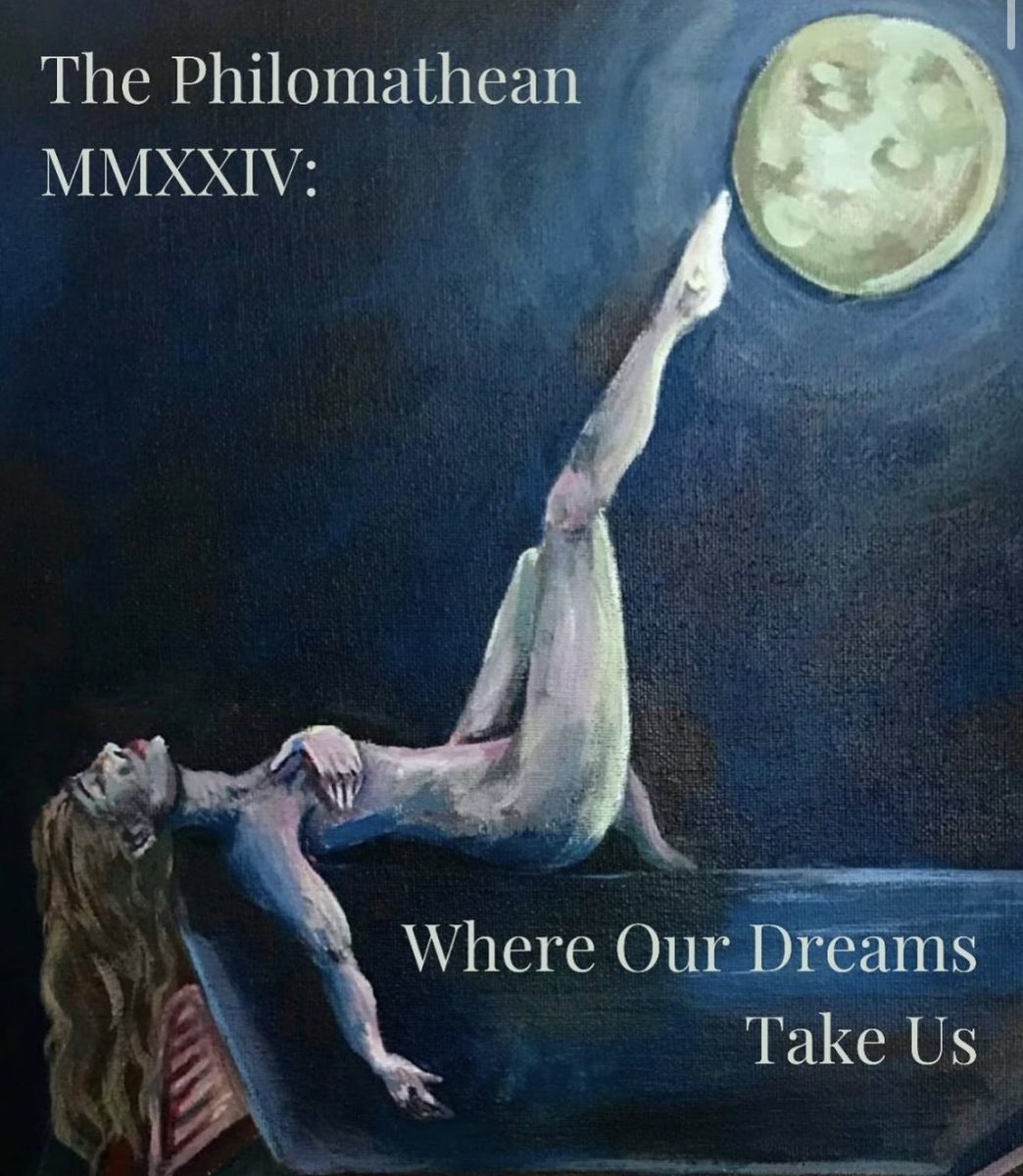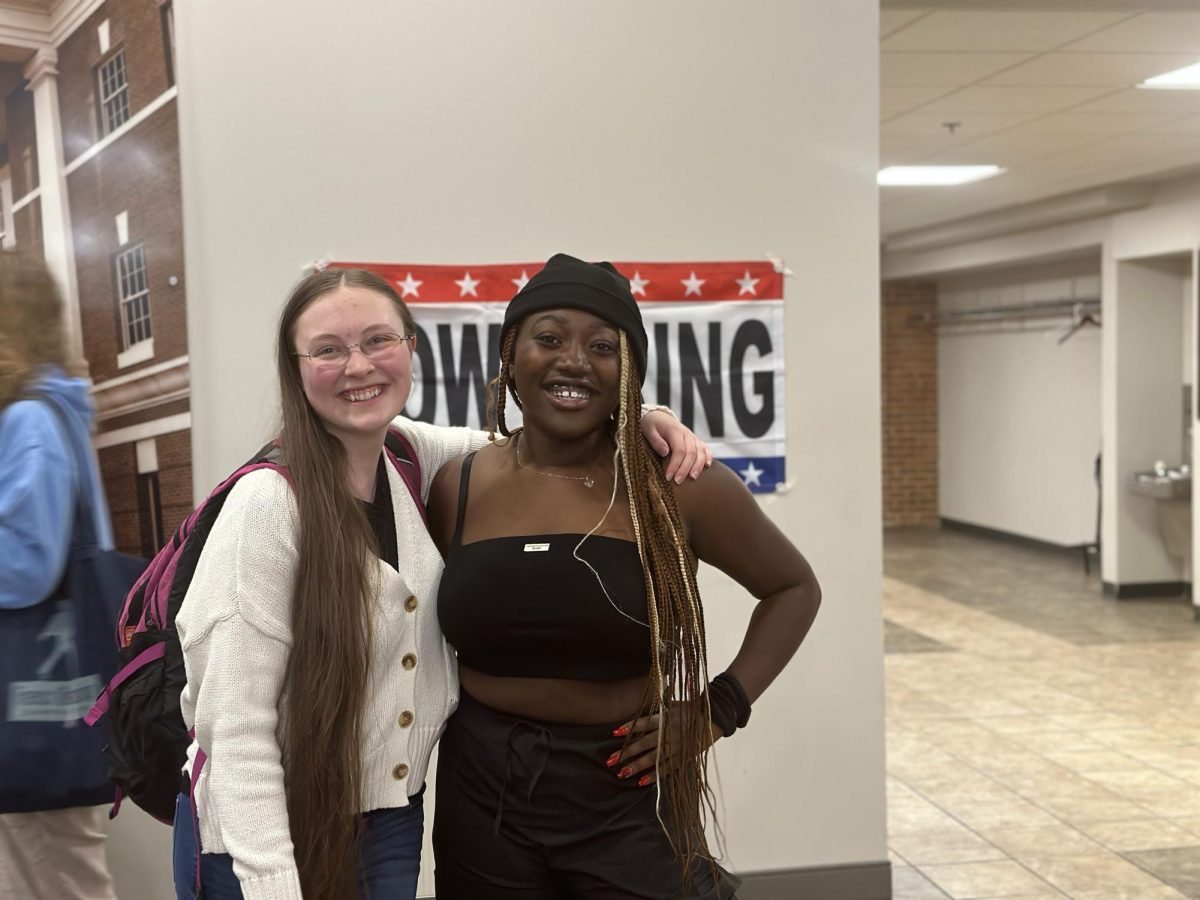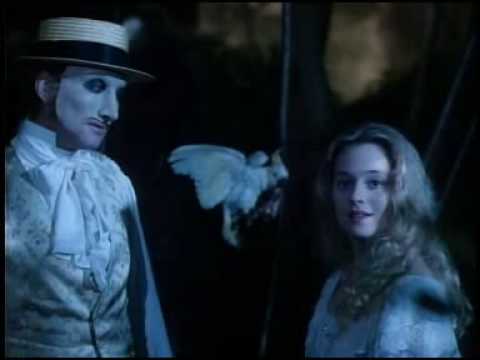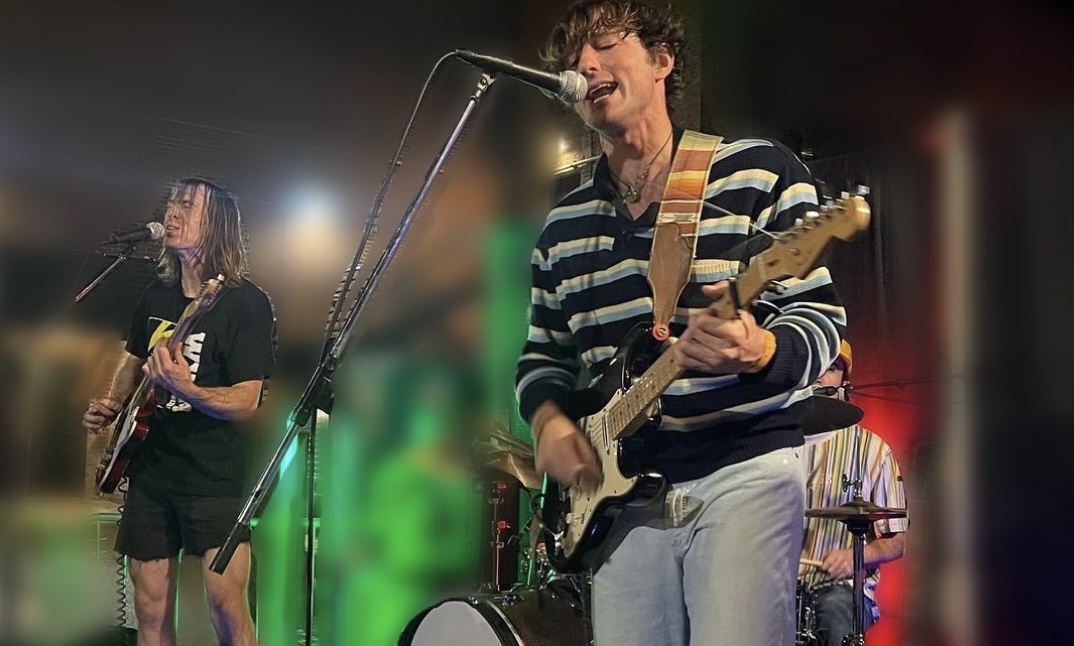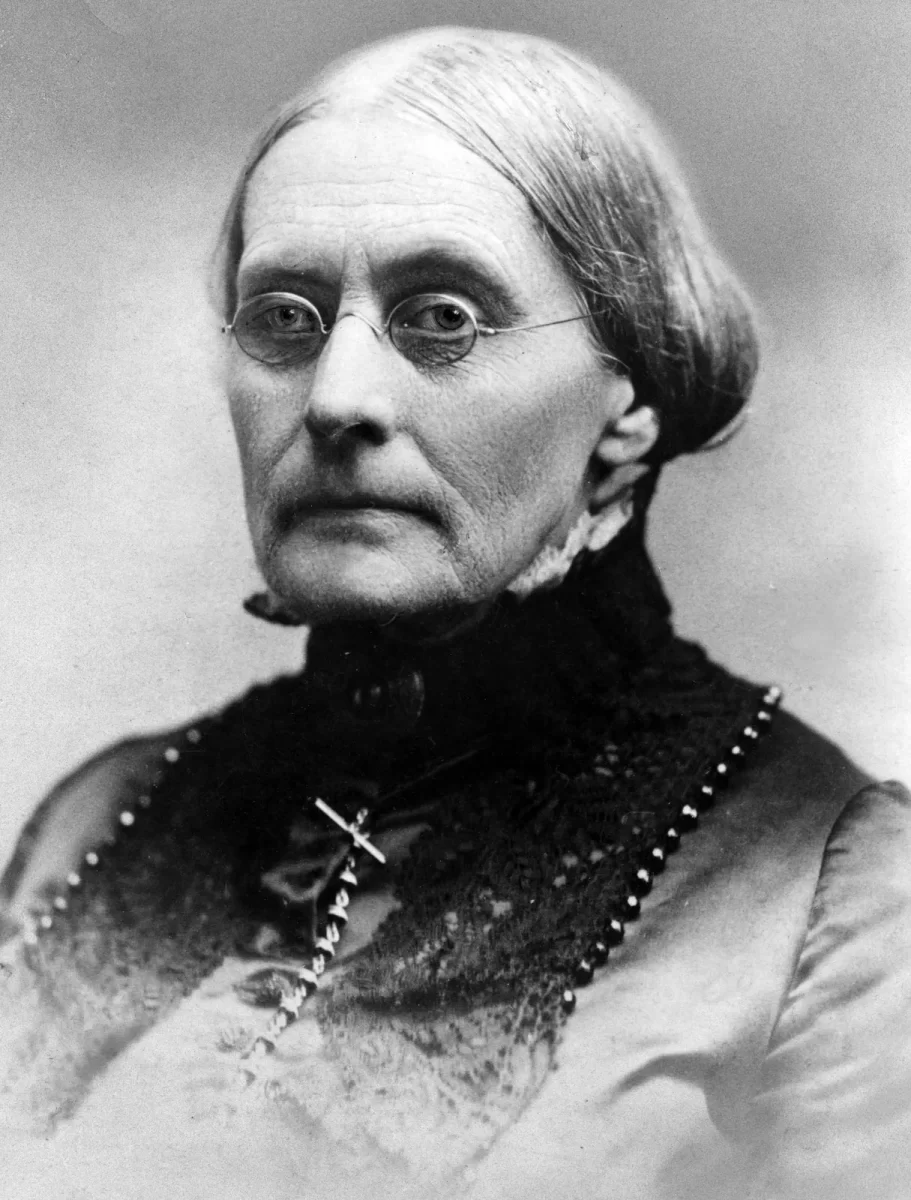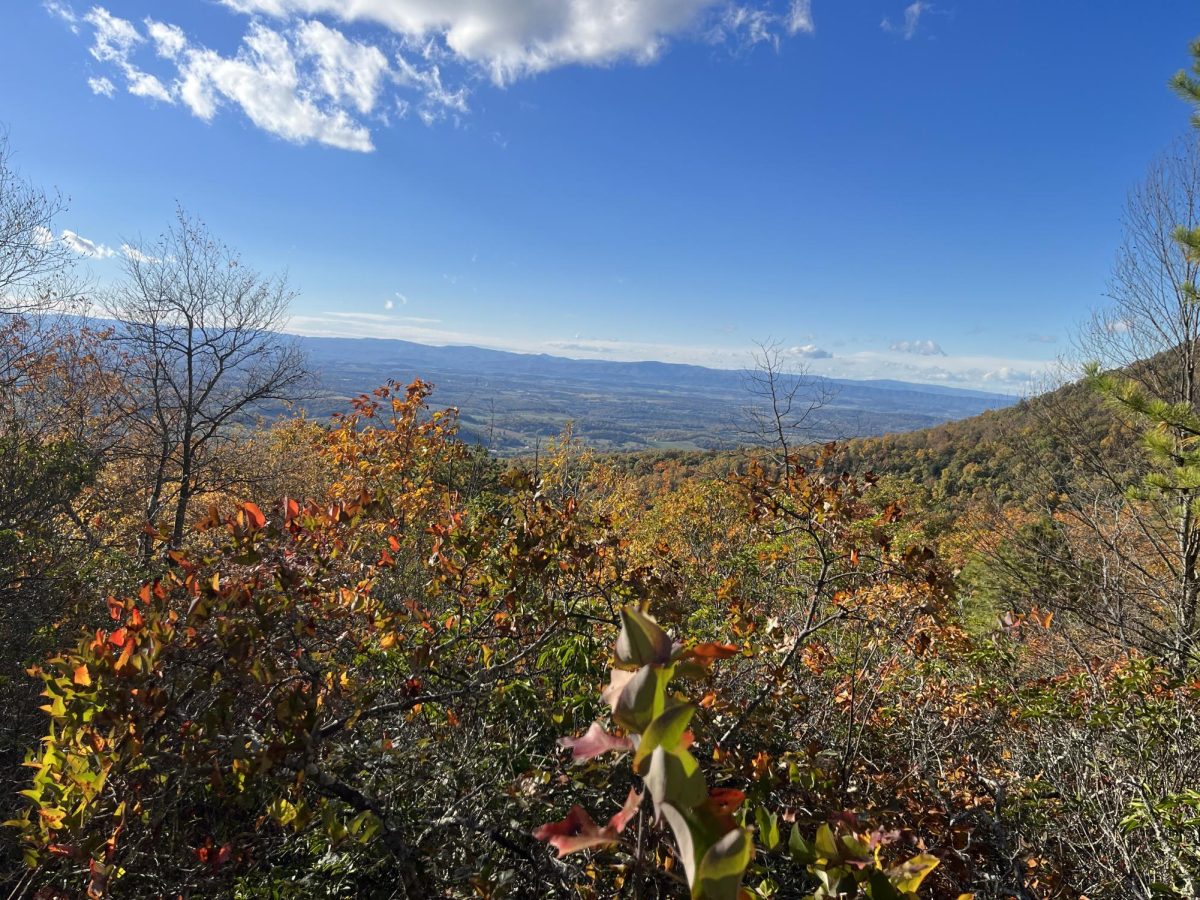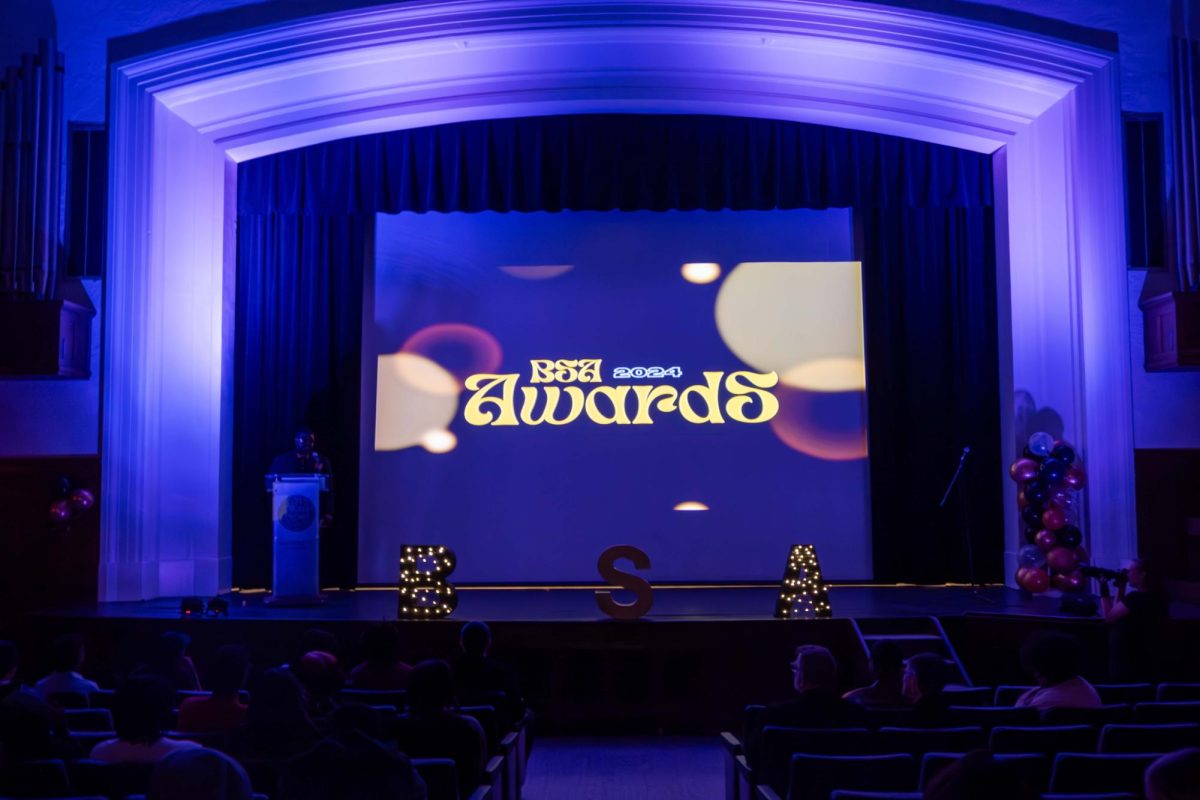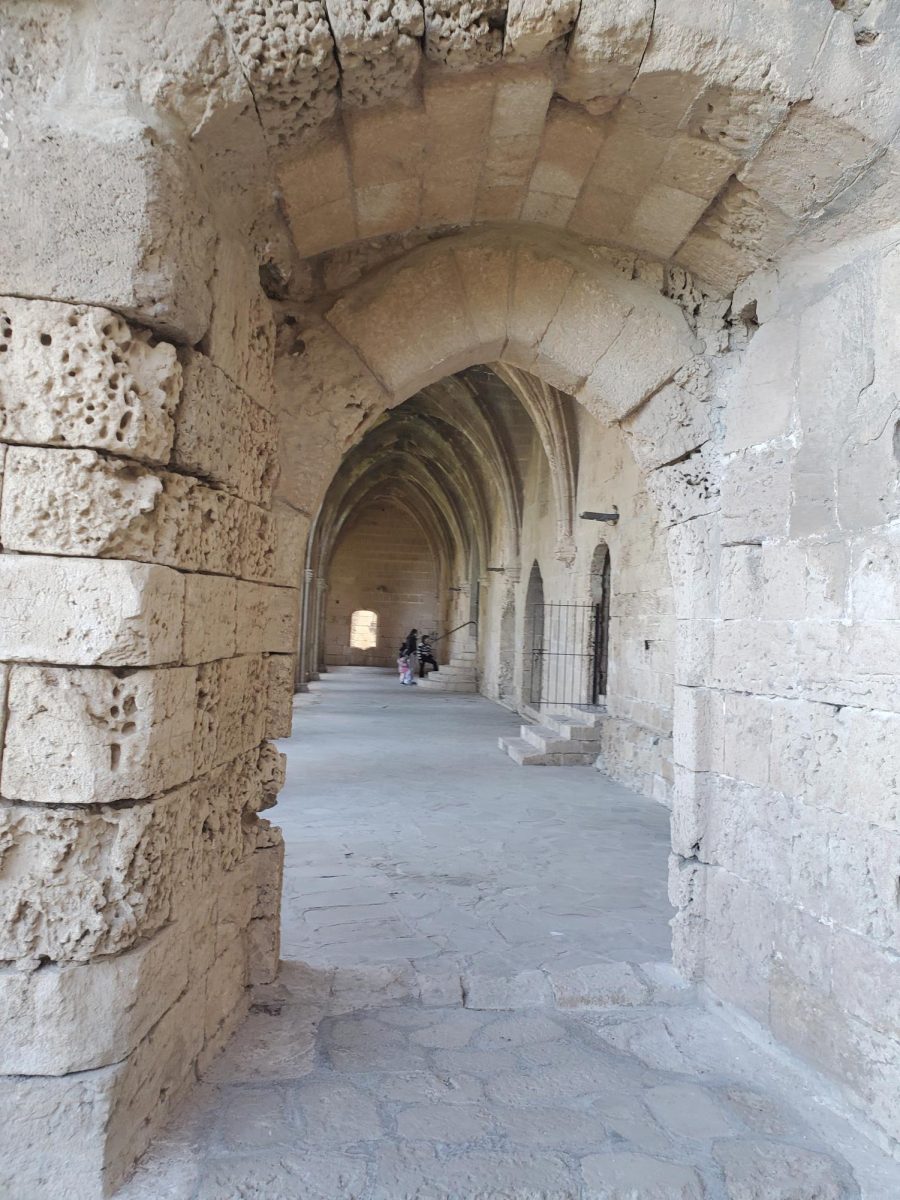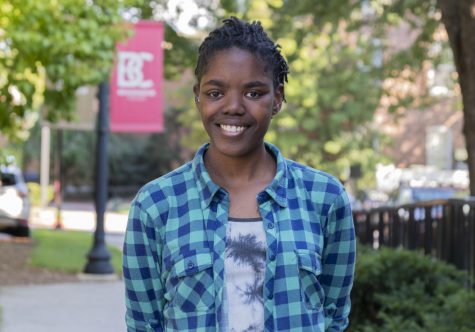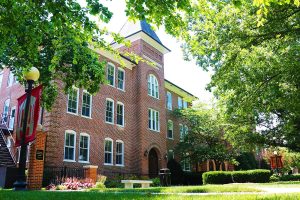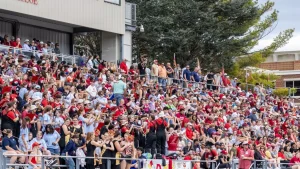What Didn’t Happen
A Review of Black History Month
March 7, 2023
Bridgewater, Va. – February is a special month, especially for Black students at predominantly white institutions. It is a time to recognize the contributions of Black people around the world.
Black History Month is important, but we hear the same stories of Rosa Parks and Martin Luther King Jr. every year, which causes people to take less of an interest in it.
The current Black History Month celebrations are not enough. We have come far but we still have a lot of work to do.
Colleges celebrating Black History Month in the first place is a win in itself because they could choose to ignore it and focus on Valentine’s Day and President’s Day instead.
Going to a PWI can be frustrating at times, especially when you are subjected to ignorance, whether it is conscious or not. That being said, Black History Month is often the time when colleges create a bigger spotlight for Black voices and ideas.
Sometimes it feels as though PWIs try to do too much in terms of the events they provide. So much so that they end up missing the mark and fail to actually provide spaces for Black voices in the community.
Black people tend to get “othered” in most situations. The “us vs. them” mentality created by this othering can be as detrimental as it is beneficial which minimizes Black voices while simultaneously inspiring powerful Black leaders.
Where We Are
Black History Month was established to bring awareness to Black contributions to the United States.
In the past, it was pointed out that Bridgewater could improve in the recognition, celebration and implementation of diversity on campus.
This year Bridgewater hosted a series of events including a lunch, a defamation experience and an unsung heroes night.
Though the lunch was meant as a way to “highlight typical Black foods,” it had a lot of negative light brought to it, and I can understand why.
While the lunch was said to be sponsored by BSA, the way the lunch was executed and promoted were not the best. The food choices were subpar and the promotion could have been worded differently.
One of the great things about Black History Month is that it is a time of learning, or in this case, a time of unlearning harmful stereotypes.
It is important to acknowledge the fact that no two people are the same, and we are all unique.
In that same sense, all Black people are different. Wording matters, and personally when I was reading the menu, I was offended. Especially the part that had Kool-Aid mentioned as a “special beverage.”
The Defamation Experience, held on Feb. 16 in the Boitnott Room, while entertaining, was not necessarily an event I would have chosen to highlight as a “Black History Month special.”
I will admit it does highlight racial injustices; however, the “Just Cause” experience by the same company would have been more beneficial for a Black History Month special.
Part of the defamation experience involved discussion and sharing personal experiences and opinions, but once the event ended, so did the conversation. The “Just Cause” event would have sparked more conversation not only at the event, but on campus as well.
The Unsung Heroes event was nice, and I am glad the posters with the information regarding each historical figure were left where they were for the rest of February. It was nice to see the stories of lesser known Black historical figures and allow people who did not have a chance to go to the event to see their stories.
Where We Can Go
You do not have to be a person of color to fight for change. You just need a voice.
“Allies, this is your time to start sharing. This is the time to talk. Start within your inner circle if you do nothing else and start sharing these stories,” said founder and editor-in-chief of Tagg Magazine Ebone Bell when she spoke at Bridgewater in February 2022.
There are a few things that the Bridgewater community as a whole, and the DEI initiative can do as stepping stones for more impactful events.
- Highlighting a different Black historical figure each week through the month of February in the “This Week at BC” emails, in addition to the Unsung Heroes event.
- Providing regular venues to let students get comfortable having uncomfortable conversations. Change does not happen overnight, but it certainly does not happen if you do not listen to viewpoints that are different from your own.
- Acknowledging that Black History Month is not the only time that Black voices can be celebrated by hosting BSA events outside of February, which would help to eliminate the sense of “other” that many people of color feel.
- Accepting the fact that simply attaching BSA’s name to an event does not mean that event has anything to do with Black History Month.
- Including AFSA voices in the making of Black History Month events.
- Acknowledging that there are Black students that are not in either BSA or AFSA, due to multiple reasons, whose voices are not being heard.
- Sending out a survey well in advance of Black History Month with questions of what students of color want to teach or to share and what others want to learn.
Leader in social movements, nonviolence and gay rights Bayard Rustin once said, “There are three ways in which one can deal with an injustice. One can accept it without protest. One can seek to avoid it. One can resist an injustice non-violently. To accept it is to perpetuate it.”

